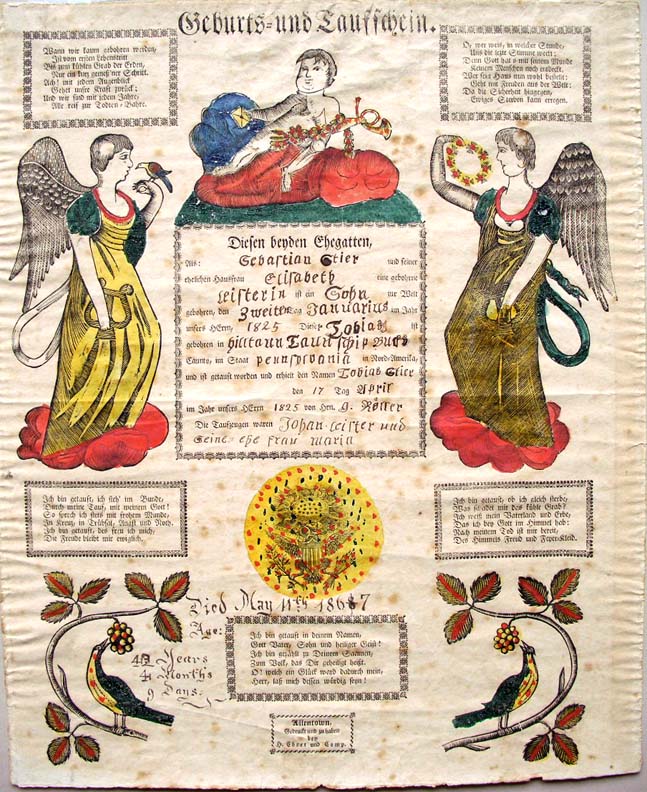The Bahá’í teachings encompass profound insights into the concepts of birth and death, linking them to the overarching purpose of human existence. Within the framework of Bahá’í spirituality, birth and death are interwoven phenomena that hold significant implications for the soul’s journey. This discourse endeavors to illuminate the tenets of Bahá’í beliefs regarding the intricate relationship between these two pivotal life events.
At the outset, one may ponder the essential distinction between physical birth and spiritual birth. Physical birth is merely the commencement of the physical existence of the body, which serves as a temporary vessel for the soul. In contrast, spiritual birth signifies the awakening of an individual’s consciousness towards divine realities. This awakening is pivotal in acknowledging one’s purpose in this world, which is to develop virtues and contribute to the betterment of society. As such, the Bahá’í teachings elevate the concept of spiritual birth, indicating that the material existence is a precursor to transcendent realities.
In the Bahá’í view, death is not the terminus of existence; rather, it is perceived as a transition into a different realm of life—the spiritual world. This belief imbues the concept of death with a sense of continuity rather than finality. The soul, upon the cessation of its earthly journey, embarks on a new chapter of existence, liberated from the confines of the physical form. Hence, birth can provide valuable insights into the nature of death; just as birth lays the foundation for the experiences and development of the soul in this world, death serves as a gateway to the next stage of existence.
Integrating the dualities of birth and death enhances our understanding of the impermanence of material life. Bahá’ís assert that attachment to the temporal aspects of existence detracts from the pursuit of spiritual growth. Physical birth brings joy and a myriad of responsibilities, while death prompts reflection on the purpose of those responsibilities. Thus, the seemingly paradoxical interaction between birth and death urges individuals to engage with both, fostering a holistic understanding of life’s continuum.
Moreover, the Bahá’í teachings advocate for the notion of striving toward spiritual maturity in the face of the inevitable reality of death. This spiritual evolution bears significant importance in the life of a Bahá’í adherent. Just as every stage of life presents opportunities for growth, the awareness of mortality impels individuals to seek deeper truths and engage with the world meaningfully. This lifelong journey is characterized by the development of virtues, such as love, compassion, and justice, which ultimately contribute to the individual’s preparedness for the afterlife.
As one contemplates the birth-death continuum, it becomes evident that the attitudes towards death within the Bahá’í community are fundamentally shaped by a robust understanding of the afterlife. The belief in the soul’s immortality fosters resilience in facing the tribulations of life and prepares individuals to embrace death without trepidation. The individual’s spiritual accomplishments in this world significantly influence the conditions and experiences that await them after death, emphasizing the importance of living a purposeful and morally upright life.
Furthermore, the narrative of birth serves as a metaphor that encourages a paradigm shift in how we perceive and manage loss. The Bahá’í principle of the oneness of humanity underscores the interconnectedness of all souls, fostering a sense of shared experience in joy and grief. The loss of a loved one is an occasion for collective reflection and growth, wherein the memories engendered through life continue to resonate beyond the physical departure. In this context, Bahá’ís are encouraged to celebrate the life of the departed, reinforcing the belief that death is a transformation rather than an end.
When considering the rituals and practices surrounding birth and death within the Bahá’í faith, one can observe a notable absence of mourning customs that overwhelm the grieving process. Instead, Bahá’í teachings emphasize the importance of joyous remembrance and unity amid loss. The “Days of Remembrance” are characterized by gatherings wherein reflections on the virtues of the deceased are shared, fostering a supportive environment for those mourning. Such practices transform the perception of death into a celebration of life’s achievements and contributions.
The dialectics of birth and death serve to fortify the notion of eternal life, compelling believers to regard both transitions not only as pivotal occurrences but as profound opportunities for spiritual reflection. As Bahá’ís strive to align their actions with divine principles, they inevitably form a deeper understanding of life’s sacred rhythm—a rhythm that is underscored by love, service, and the active pursuit of knowledge.
In conclusion, the Bahá’í teachings illuminate the intricate relationship between birth and death, providing a compelling perspective that celebrates life’s fleeting nature while affirming the continuity of the soul’s journey. Through spiritual growth and moral accountability, individuals are invited to embrace the cycle of existence as a purposeful continuum. It is this interconnection that redefines death in the light of life, urging believers to contribute positively to their communities, foster compassion, and ultimately prepare for the realms beyond physical existence.
